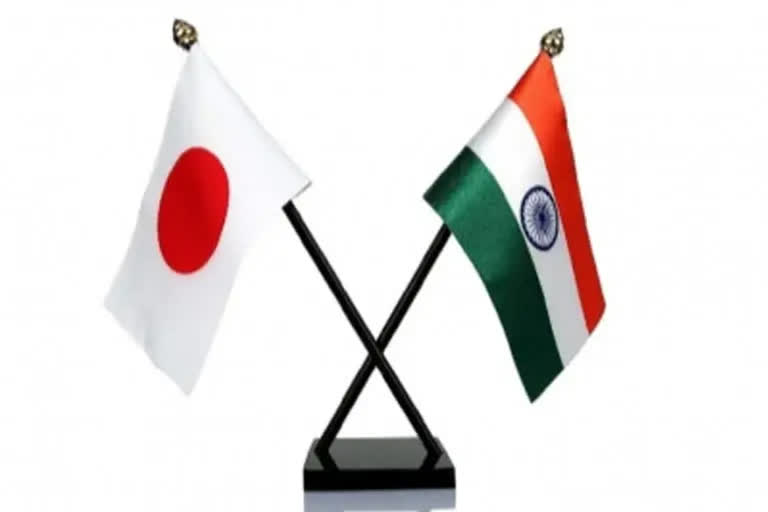New Delhi: Defence Minister Rajnath Singh and External Affairs Minister S Jaishankar will travel to Japan this week to attend the next edition of '2+2' dialogue with their Japanese counterparts, the Ministry of External Affairs (MEA) announced on Tuesday. It said the two sides will further explore new initiatives to strengthen the bilateral partnership.
"Defence Minister Rajnath Singh an External Affairs Minister S. Jaishankar will pay an official visit to Japan for the second India-Japan 2+2 Ministerial Meeting from September 7-10," the MEA said in a statement. "During the visit, the ministers will also hold the Defence Ministerial Meeting and Foreign Ministers' Strategic Dialogue with their counterparts, Defence Minister Yasukazu Hamada and Foreign Minister Yoshimasa Hayashi respectively," it said. The MEA said India-Japan special strategic and global partnership is based on shared values of democracy, freedom and respect for rule of law.
Singh began a visit to Mongolia on Monday and he will travel to Japan after concluding his three day trip to the East Asian country. The '2+2' dialogue is taking place more than five months after Japanese Prime Minister Fumio Kishida visited India for the annual India-Japan summit. At the summit in New Delhi, Kishida announced an investment target of five trillion Yen (Rs 3,20,000 crore) in India over the next five years.
In the 2+2 dialogue, the two sides are expected to deliberate on ways to further expand bilateral cooperation in the areas of defence and security besides taking stock of the developments in the Indo-Pacific. The '2+2' dialogue with Japan was initiated in 2019 to deepen bilateral security and defence cooperation further and bring greater depth to the special strategic and global partnership between the two countries.
India has the '2+2' ministerial format of dialogue with very few countries, including the US, Japan, Australia and Russia. India has been ramping up strategic ties with its key partners in the backdrop of the geo-political turmoil, largely triggered by the Ukraine crisis, China's aggressive posturing in the Indo-Pacific and escalating tension between Beijing and Taipei in the Taiwan Strait. (PTI)



